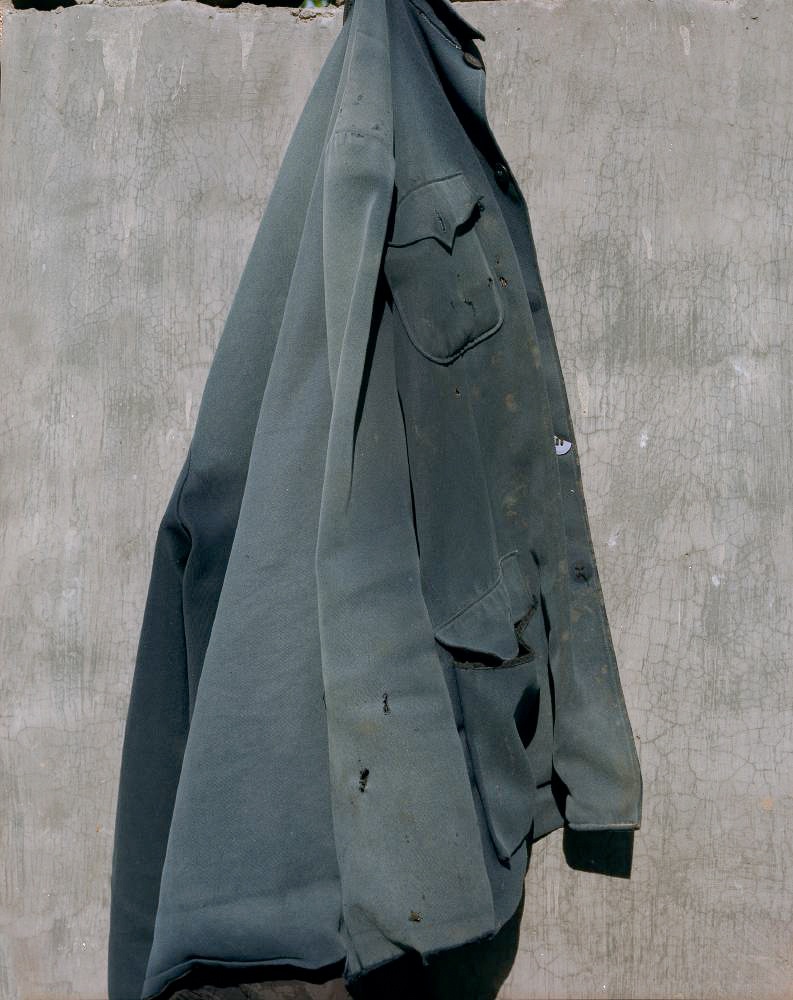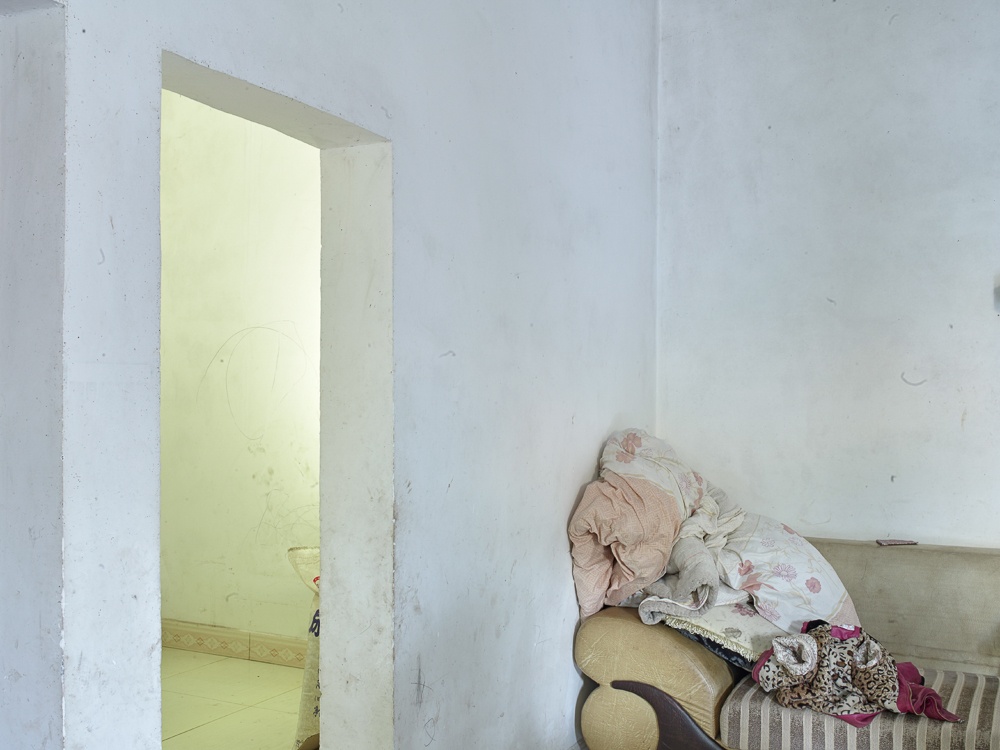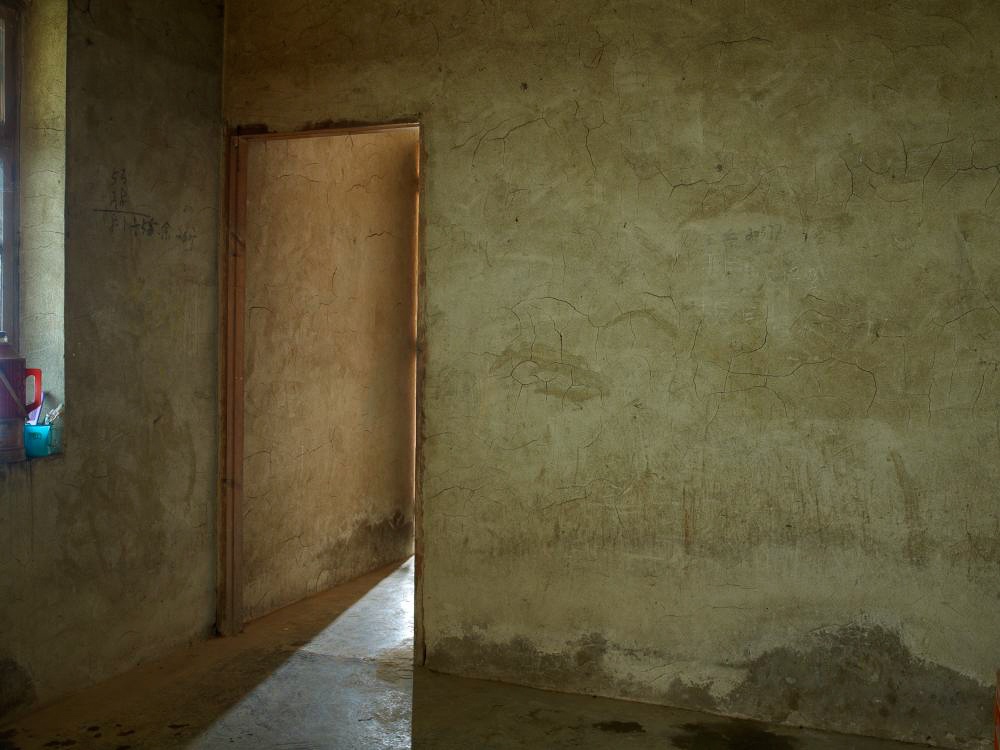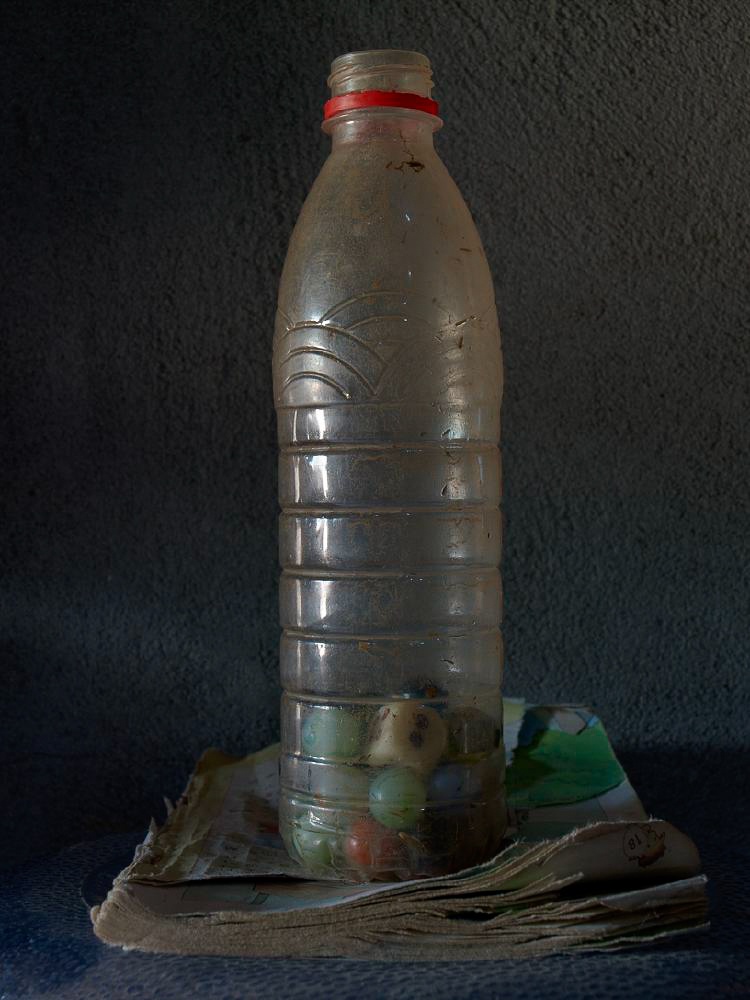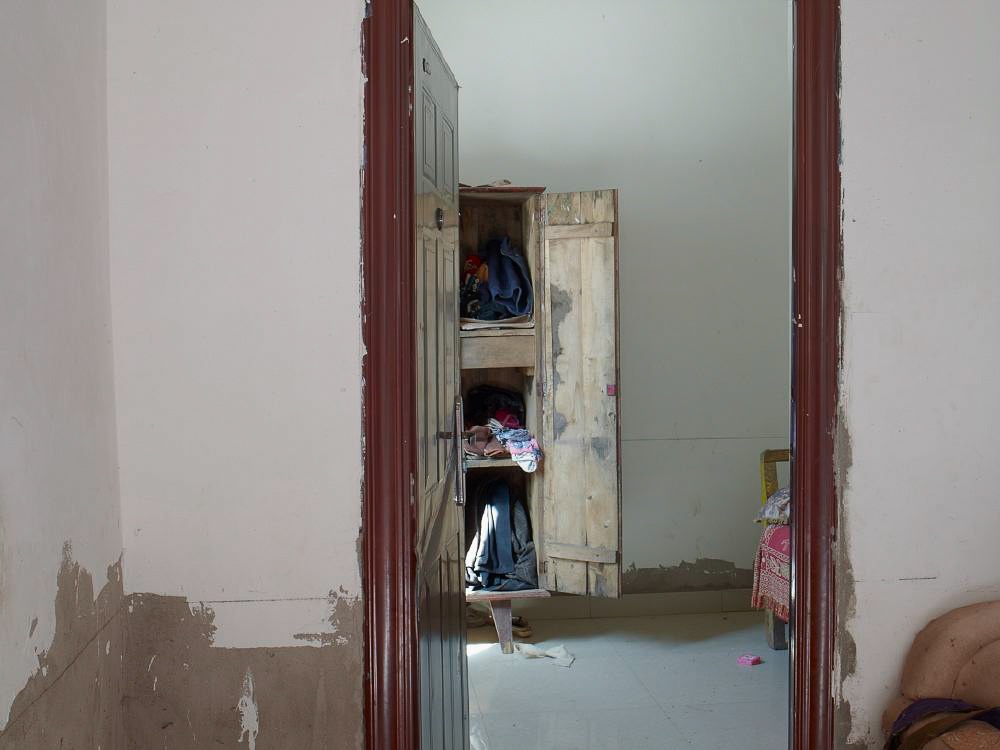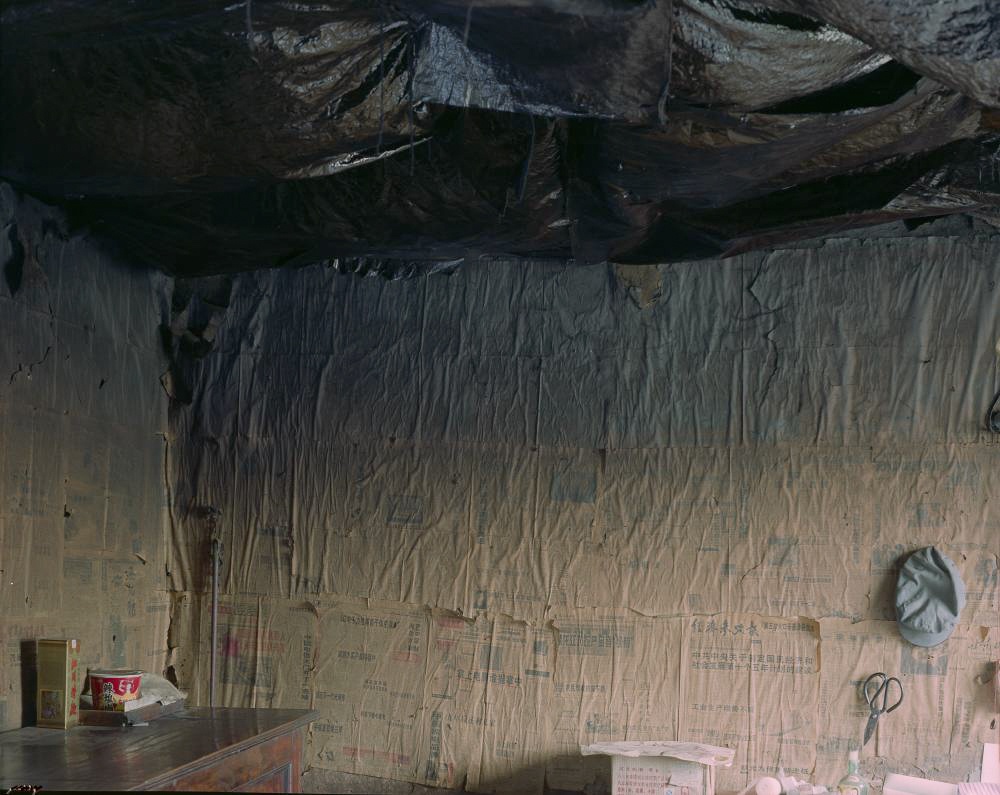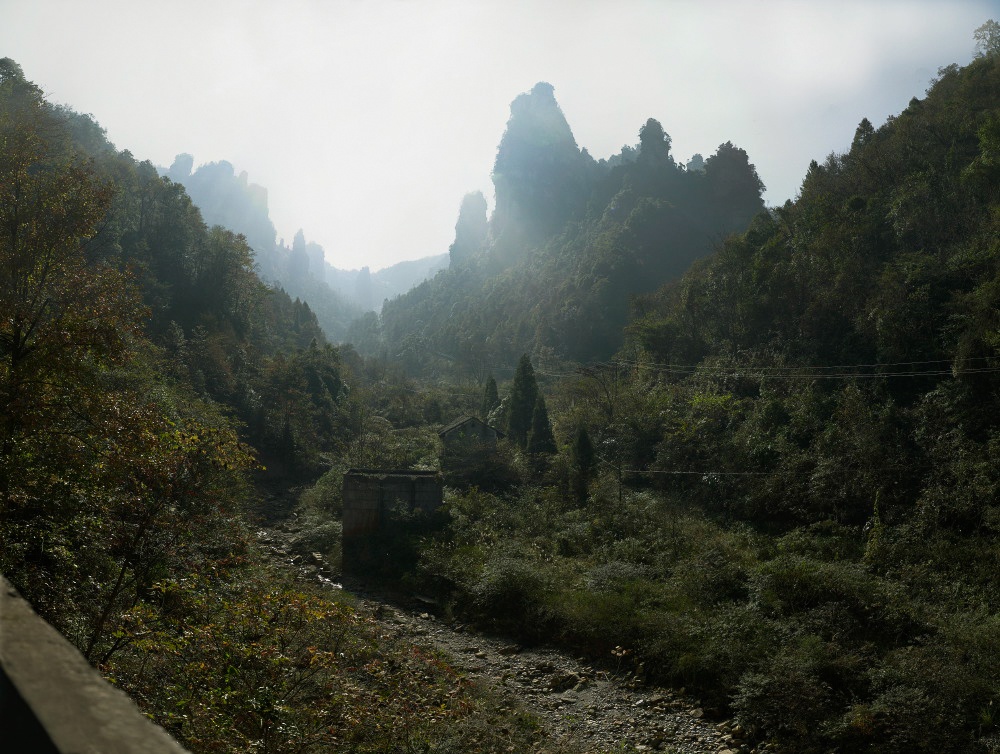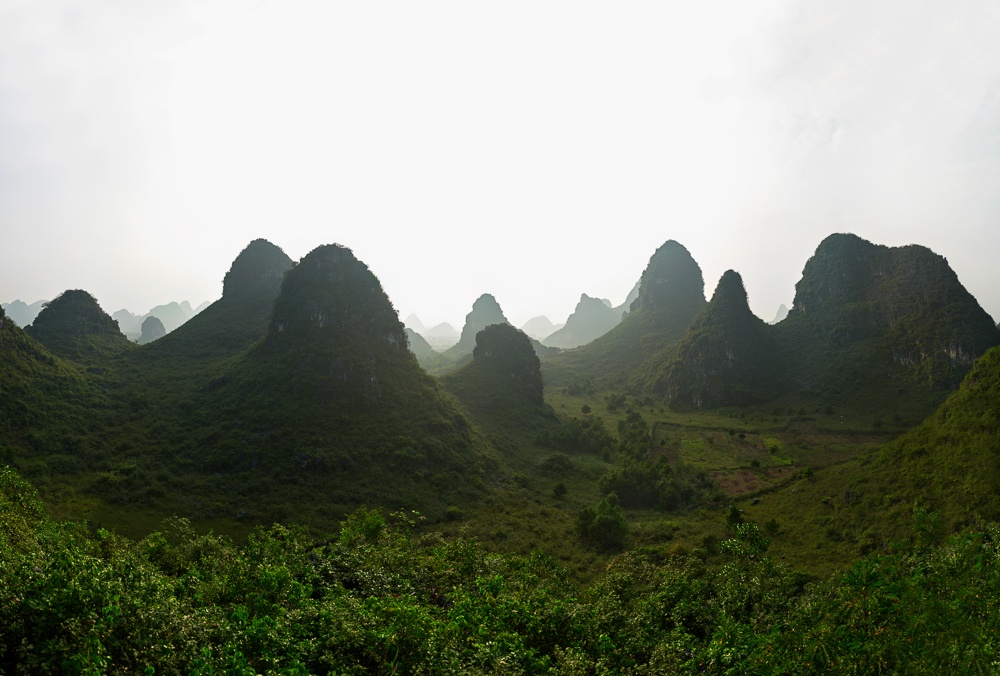Domestic archaeology
Western mass media usually linger on the bright lights of the big coast metropolises, but China is a substantially rural country as more than eight hundred million inhabitants are living on agricultural works. However nowadays as in the past, Chinese countryside is hurt by poverty and backwardness, an unacceptable situation for young peasants grown with the myth of the metropolis’ economic miracle. For at least thirty years China has been subjected to an escape from the country. While the gap between the urban and the rural income grows larger year after year, just like the youth leaving the villages for the main cities, looking for a job in a factory. The discontent toward one’s own life conditions creates impressive migratory flows. They estimate that, until now, more than two hundred millions of people left the rural areas for big cities, a tendency that according to demographers is not going to stop nor slow down soon. As a consequence, regardless of the province and in spite of the never-ending variety of landscapes, cultivations and climates that such a vast country as China may offer, traveling throughout the Chinese countryside conveys a feeling of neglect. Entire villages only inhabited by old people and children while the generation “in between”, the one aged from 16 to 50, seems to be vanished. Sunburnt old peasants, mothers and fathers whose sons and grandchildren left for big towns, looking for an unlikely stroke of luck, are still cultivating the fields. If you ask old people where their offspring is, they will be hardly able to find an answer as in XXI century China communications are still uncommon, changes are frequent and it’s almost impossible to keep up with the ever changing fate of the migrants. Thanks to the remittances sent by migrants, those who stay home build new houses, miserable buildings perpetually under construction; they buy new household appliances. Yet the sensation of neglect stays still. Chinese countryside is nothing more than a transit place, a kindergarten for sons, and an island of peace in anticipation of a calm old age after a life spent working in a factory. It’s very unlikely that those leaving the rural areas decide to go back, but in occasion of the New Year’s Day, when the Chinese families traditionally gather. The young migrants have lost touch with the soil; they just can’t take care of agricultural works anymore. When something goes wrong and moneyless migrants have to return to their native villages, they end up spending the day playing majang and asking themselves “what are we doing here?”.




